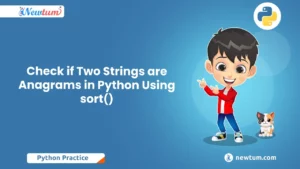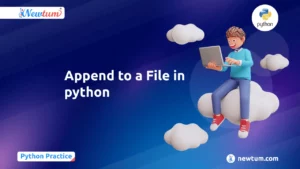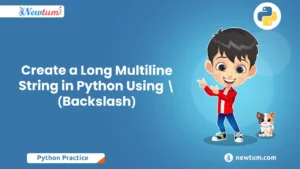Welcome to the fascinating world of C programming! If you’re just starting out, you’ve probably heard people talk about C keywords and you’re wondering what on earth they are and why they’re important. Well, you’re in the right place! In this blog, “C Keywords: What They Are and How to Use Them,” we’ll demystify these critical components of the C language that are essential for writing efficient, comprehensible code. From understanding their role to implementing them in your projects, this guide is crafted just for you. Curious to know more? Dive in, and let’s make coding in C a breeze together!
Understanding C Keywords: Basics and Usage with Code Examples
c #includeint main() { // Example of using some C keywords int number = 10; // 'int' is a keyword float pi = 3.14; // 'float' is a keyword char letter = 'A'; // 'char' is a keyword if (number > 0) { // 'if' and 'else' are keywords printf("Number is positive "); } else { printf("Number is not positive "); } for (int i = 0; i < number; i++) { // 'for' is a keyword printf("Iteration: %d ", i); } return 0; // 'return' is a keyword }
Explanation of the Code Here's a simple C program and we'll break it down to understand how it uses C keywords effectively. These keywords are reserved words in C and each of them has its specific function. Let's look at how they work in this example:
- #include <stdio.h>: This is used to include the Standard Input Output library, allowing us to use functions like printf.
- int main(): This is the main function where the program execution starts. The keyword 'int' indicates that the function returns an integer value.
- int, float, char: These are data type keywords. 'int' declares an integer variable, 'float' for floating-point numbers, and 'char' for character variables.
- if, else: These conditional keywords allow the program to make decisions based on conditions.
- for: This keyword is used to create a for loop which iterates a specified number of times.
- return: It exits the function and optionally returns a value, here it's returning 0 to indicate successful execution.
Output
Number is positive
Iteration: 0
Iteration: 1
Iteration: 2
Iteration: 3
Iteration: 4
Iteration: 5
Iteration: 6
Iteration: 7
Iteration: 8
Iteration: 9
Real-Life Applications of C Keywords
In the real programming world, how do companies benefit from "C Keywords: What They Are and How to Use Them"? Well, great question. Take a look:
- Embedded Systems in Automobiles: Companies like Tata Motors use C keywords to develop reliable embedded software for car engines. This ensures robust engine control, enhancing performance and safety.
- Consumer Electronics: Brands like LG rely on C for designing software in TVs and washing machines. Keywords ensure efficient functioning of microcontrollers, making devices user-friendly.
- Aerospace Technology: NASA uses C to build simulation software for aircraft. The precise nature of keywords allows them to create accurate, dependable programs.
- Telecommunication Devices: Companies such as Reliance Jio use C to maintain the efficiency of network systems, with keywords helping to manage data traffic smoothly.
- Medical Devices: Philips develops medical tools using C, where keywords play a critical role in diagnostics and performance, ensuring life-saving accuracy.
Quick Quiz: Test Your Knowledge on C Keywords!
Quiz questions about 'C Keywords: What They Are and How to Use Them':
- What is the correct keyword to declare a constant in C?
A. const
B. static
C. int
Which keyword is used to return a value from a function?
A. fetch
B. yield
C. return
To allocate memory dynamically, which keyword should be used?
A. malloc
B. memory
C. dynamic
Which keyword is used to indicate that a function does not return a value?
A. void
B. null
C. empty
What keyword defines a data structure template in C?
A. struct
B. template
C. diagram
I hope you enjoy this brief quiz and find it helpful in your understanding of 'C Keywords: What They Are and How to Use Them'. Happy coding!
Are you ready to dive into the world of coding with our AI-powered compiler? With our c online compiler, users can instantly write, run, and test their code. The AI assists by providing suggestions, making coding both faster and smarter. Embrace seamless code execution today!
Conclusion
In conclusion, understanding 'C Keywords: What They Are and How to Use Them' is essential for any budding programmer. For more insightful tutorials, visit Newtum and dive deeper into the programming world. Start coding today and watch your skills soar!
Edited and Compiled by
This blog was compiled and edited by Rasika Deshpande, who has over 4 years of experience in content creation. She's passionate about helping beginners understand technical topics in a more interactive way.



